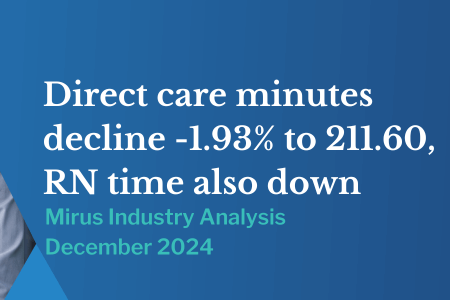The Trust Series: Trust is the link to innovation and morale
March 16, 2021 | Workforce Management

In the previous blog, we explored how trust affects productivity and effectiveness within the organisation. Productivity and effectiveness are often a common denominator to innovation and morale.
Trust Encourages Innovation and Rapid Decision Making
High trust environments encourage innovation, speed decision making and repel stagnation within teams. The Workplace Therapist Brandon Smith insists, “Trust enables teams to not just take risks but also to move more quickly. There’s little second-guessing in high trust environments because team members assume there’s positive intent.” Indeed, innovation requires a willingness to try, fail, and try again, and low trust environments just tend not to support that spirit of risk-taking. Without risk-taking, it’s difficult to innovate. Also, it’s hard for teams to move swiftly if they’re not really trusting one another. Without trust they tend to second guess one another, rework tasks unnecessarily, or rely on one or two team members instead of trusting a broader group. The opportunity cost of this is speed – time to market, speed of decision making or project completion time.
Trust Enhances Morale
At the end of the day, teams have more fun when they trust one other. After all, the entire concept of team is being able to depend on each other and working in a low trust environment is a complete drag while working in a high trust environment can feel like a real high. Who wants to work around people they can’t trust or worse yet people who don’t trust them! At best that type of low trust environment might eke out quality results in the short term, but longer-term, it’s a recipe for dysfunction and failure.
Military and law enforcement environments often insist that trust is an absolute precondition for effectiveness on the front lines. It’s easy to understand that they can’t put their lives on the line each day without the highest levels of trust that their comrades have their back.Indeed, most will agree that trust is a necessary ingredient for highly productive teams, so the next logical question is how do you build it?
How do you evaluate your team’s trust level? What are your team’s pre-existing trust building exercises? Are there areas left to be desired that you wish to improve, or is your team on track for success?
Other blogs in The Trust Series:
- How trust affects productivity and effectiveness within the organisation
- Building trust at work
- The importance of trust in aged care in 2021
- People + Technology = Trust
Want to find out more? Please get in touch with Tom.
Tom Murphy is Head of Workforce Management at Mirus Australia and with his team, they are optimising staff coverage to the care needs of a provider’s residents, minimising the complexity of interpreting awards and integrating technology for improved financial sustainability in aged care.
Strength in numbers. Is the short answer. Please get in touch with us to find out more about Mirus Works! or please connect with Tom via LinkedIn


